Review of the 1927 Film “Metropolis”
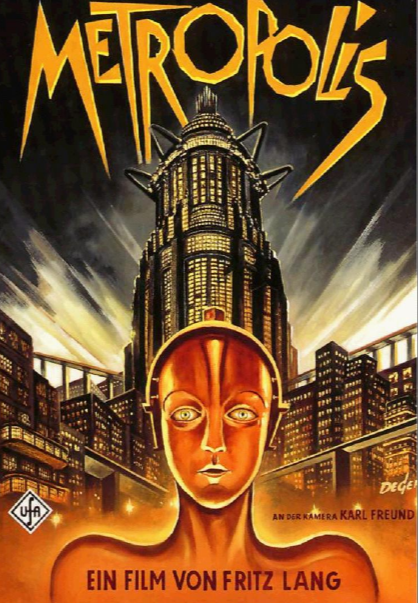
The 1927 film Metropolis is heralded as the first introduction to the genre of science fiction. The film is directed by Fritz Lang, and the screenplay was written by his wife Thea von Harbou. Their vision for this film was to create a futuristic dystopia that questioned if modernization could cause a dysfunctional society.
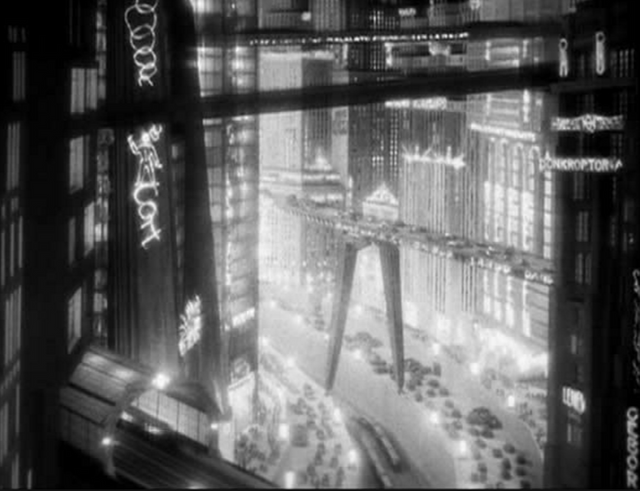
In this futuristic world of technology is playing a dominant role in everyone’s lives, and causing a divide between the working class and the upper-class citizens of Metropolis. The exploitation of the working class causes a breakdown in society where the upper class is unaware of the plight the working class must endure maintaining the upper-class way of life by way of a technological system that has consumed both parties’ humanity. The overarching theme the director tries to portray in this film is the modernized system anchored by technology in this futuristic city dissolves social order leading class conflict where a strong mediator must answer the call to end the conflict.
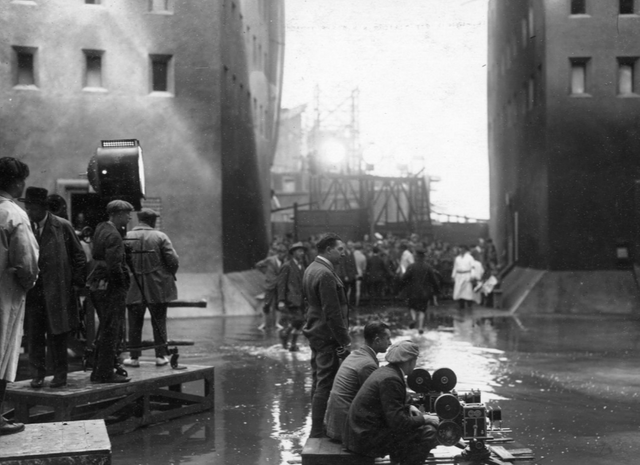
Metropolis is a groundbreaking film for the fact that it introduced the science fiction genre to filmmaking. The film uses Expressionism but also introduced transitions, many of which can be seen in the beginning of the film to show the various machines and technology used to power the Metropolis. In the first five minutes of director Fritz Lang’s illustrates to the audience is the idea of what modern technology does to the working-class citizens of the city. He shows them moving in an assembly-line fashion into the work facilities during a shift change.
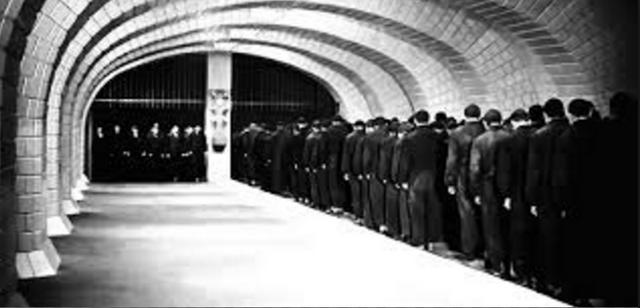
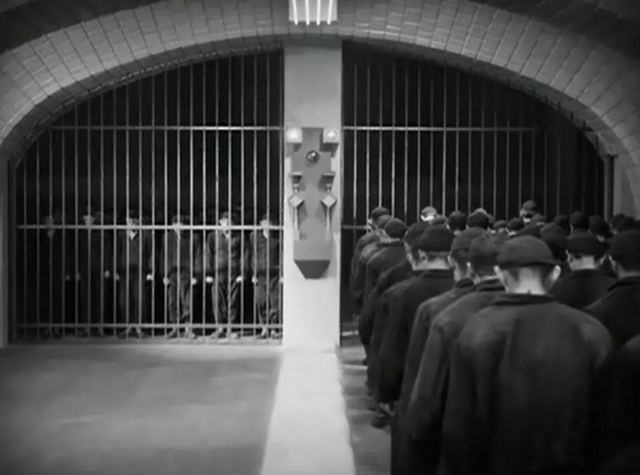
The workers entering the factory have the same defeated attitude as those who are leaving the factory. The message to the director is trying to relay is the modernized working class who operate the technology have a defeated these men’s will and spirit. The Lifestyles of the two different social classes are distinctively different.
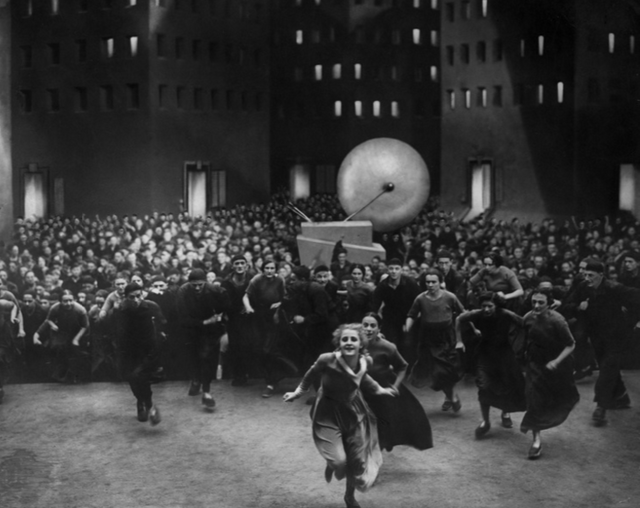
The working class lives below ground hidden from the rest of the world.
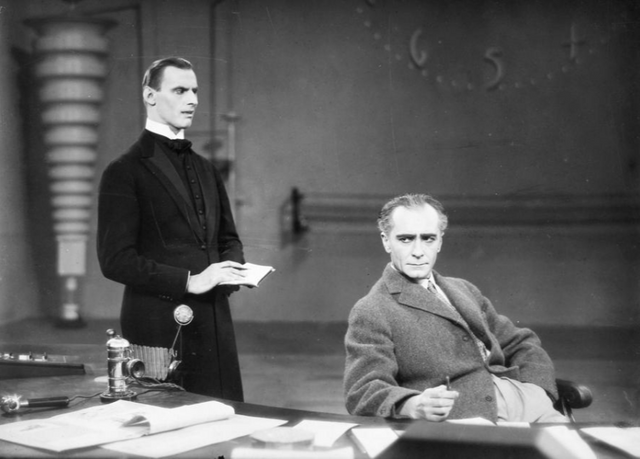
The upper-class on the other hand are living above ground in high-rise skyscrapers within this utopian state with luxuries obtained from exploiting the working class. Freder is the Messiah figure and hero of the film.
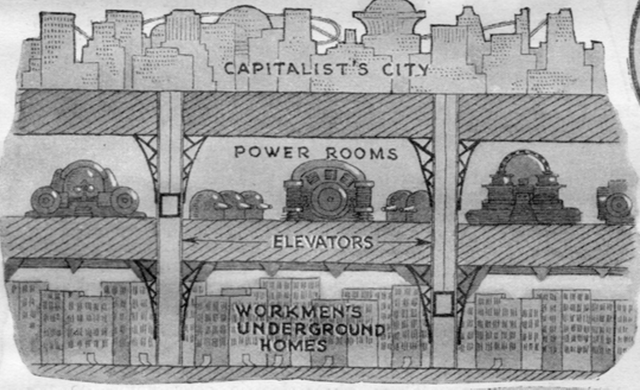
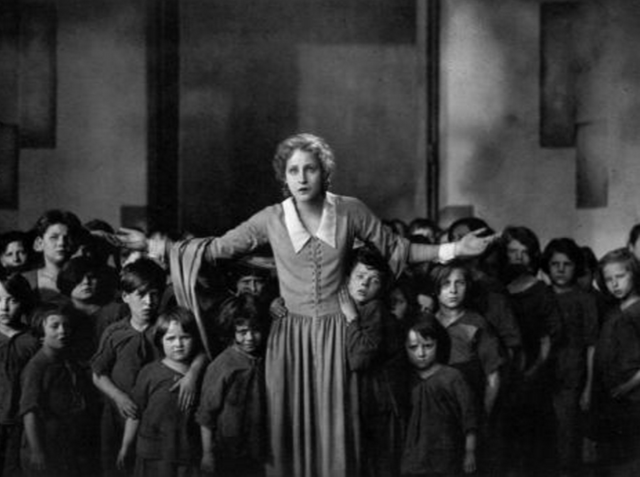
In the scene where Maria brings the children to the luxurious upper level of the city to see how the upper-class lives at the expense of the working class, Freder becomes touched by Maria’s speech and feels obligated to help improve the lives of the working class.
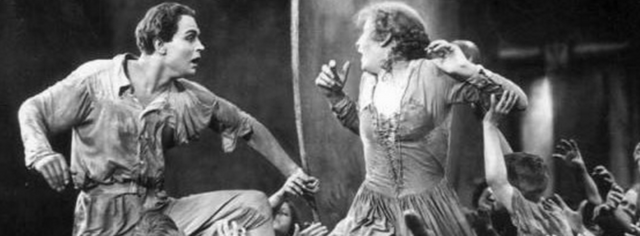
Initially, the director and screenwriter announced that technology is responsible for the discrepancy of wealth from the working class and the upper-class.
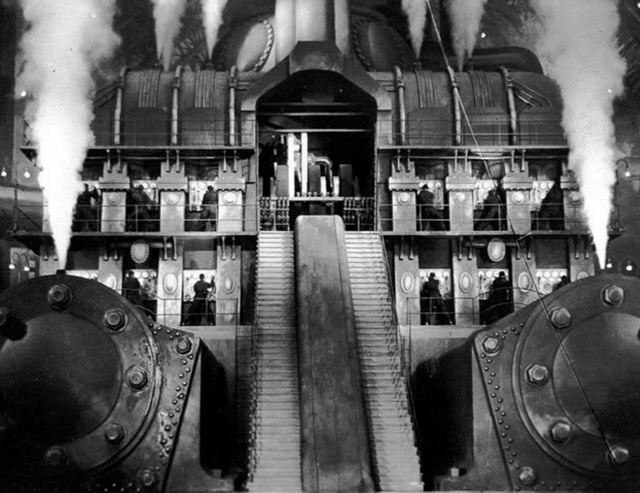
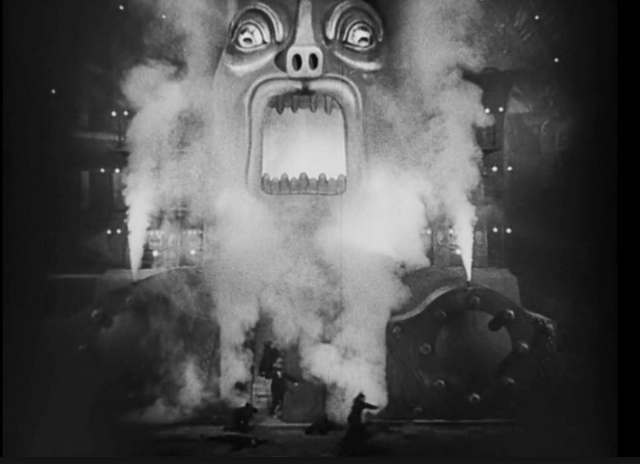
There is a scene in the first half of the film where Fredor watches a pyramid shaped machine explode injuring many workers.

This is followed by a transition where the machine turns to an ancient altar and the men are leading into the mouth their death which is symbolic. The message the director was installing was that whatever the mode of technological for that era, the ruling class will use it to exploit the working class deeming their lives expendable. This also shows the fear of the outsider, in the form of American modernization, which coincided with the mindset of German society during the 1920’s
There is a connection with the overarching theme of this film and the concerns of German writers in the 1920s. In “The Monotonization of the World” written by Stefan Zweig, he dispels the same concern as other German writers felt, that modernization and Americanization of the German peoples will result in “customs becoming international” and Germans losing their national character and traditional culture. This coincides with the Germans fear of the outsider which was manifested in post-World War I with the treaty of Versailles. In the piece written by Friedrich Sieburg he dispels how the German people need to avoid assuming traits of an American businessman. The author describes an American businessman has a “cold, hard, and unbending”. [Sieburg, p. 33] The author is trying to say that it upper-class German citizens were to become this way, the working class will surely be doomed because the upper class won’t have any human compassion towards the working classes needs or misfortunes. Sieburg also recognizes the fact that technology has improved humans way of life and that we must take stock in the fact that “machines need not be an enemy, nor should it be an object of worship” because men will suffer if he falls to either extreme.
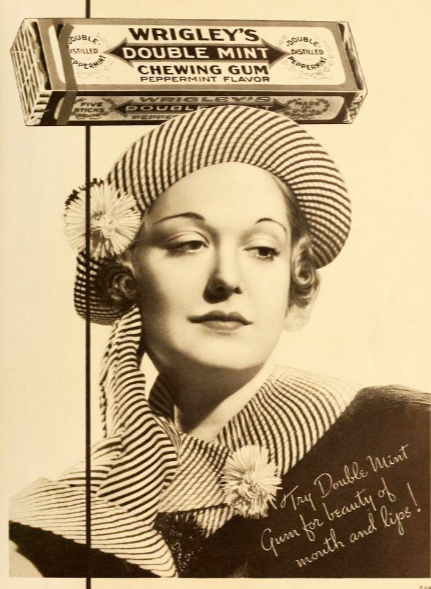
In “The Hour of Chewing Gum”, the author has a different approach on the matter. He feels the craze of Germans adopting Wrigley’s chewing gum is a hindrance to revolution. The need to do what is trendy allows a society not to start “contemplating their class position” mak-ing the populace more susceptible to exploitation of the ruling class. These were genuine concerns of the German public considering the fact that their economy and political structure was going through a turbulent transitional period. The last thing Germany wanted was the general public to fall into a state of complacency where they couldn’t recognize the true concerns of the nation.
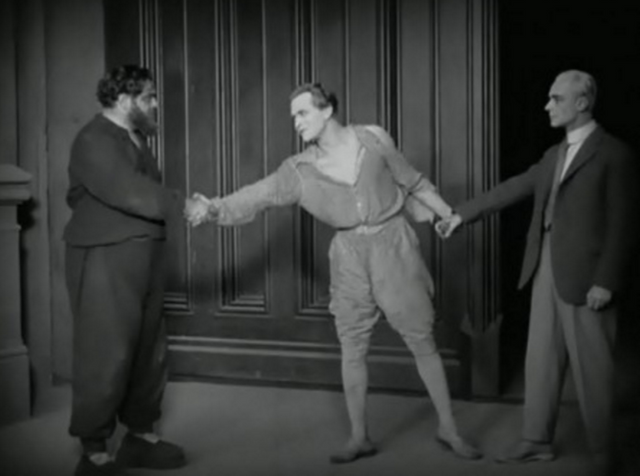
Director Fritz Lang and screenwriter Thea von Harbou use technology to convey the central message at the end of the film that the working class and the upper class must come together but this can only be done by Federor who acts as the mediator between the two parties. To put it metaphorically speaking, Freder is the mediator represents the heart, Grot the leader of working class represented the hands that do the work, and the Joh Fredersen the brain representing the upper class. The mindset is that only a strong mediator could bring them together to form an understanding that they must coexist to maintain a cohesive society.
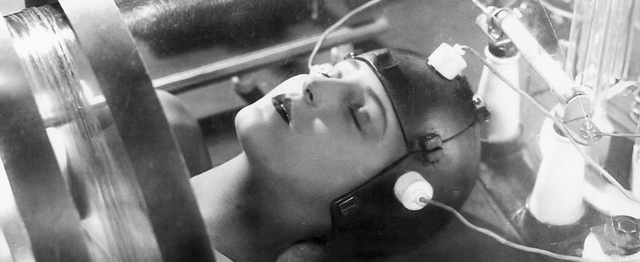
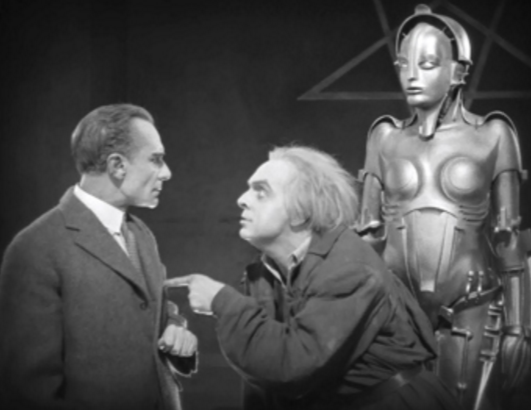
The filmmakers were not trying portray technology to be the central cause of the downfall of society, but technology with the imprint of capitalism could usher in an era of modernization on a global scale which dehumanizes the working class and causing a radical redistribution of wealth to the ruling class. Another overarching theme of the film is that as technology evolves and eliminates the impossible, we as humans must not lose site with relocating our responsibil-ity to what has always been possible for the betterment of all social classes.
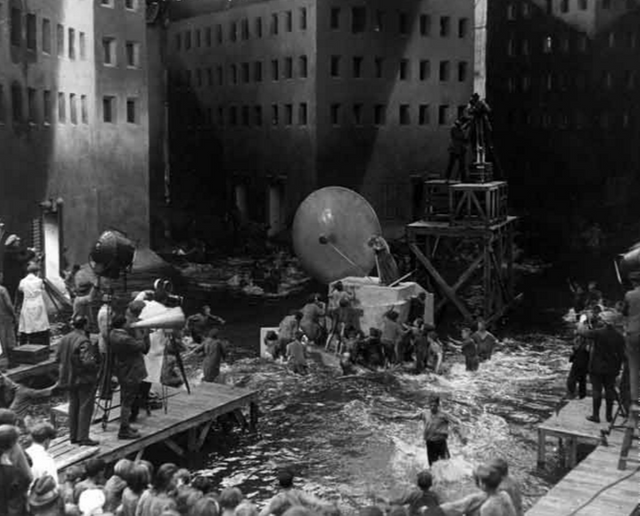
The film also draws the parallel that if humans continue to interface with technology in the name of modernization, this will surely redefine what it means to be human.
Metropolis director Fritz Lang overarching message is that technology provides possi-bilities and it’s up to the working class and the upper class to coexist and harness technology to improve the human existence. Screenwriter Thea von Harbou illustrates the idea that man must allow technology to bring humanity into a new space of freedom, instead of letting modern technology of any era consume our sensibility for what is truly important for the progression of society. Metropolis also sublimely suggested to the upper classes to relocate their responsibility to the needs of the working class to avoid revolution. The film shared the same concerns as the general public of the Weimar Republic during the 1920’s, with the fear of the outsider in the form of modernization.
If you enjoyed my work

A great movie. One of my favorites.
I would love to see a re-make of this film but it has to keep that classic charm.
Hm, Osamu Tezuka made very successful manga "Metropolis", published in 1949. It is notable because..well, people say it was graphic novel before graphic novels :) Apparently, Tezuka saw just a glimpse of Lang's masterpiece in some magazine while creating it, it's not based on Lang's film. Later, in 2001. anime of the same name based on that manga is produced. Unfortunately can't say more, I haven't read manga or seen anime... But, definitely not a remake.
I don't think you can re-make Fritz Lang. But there are many replicas. WestWorld for example is full of them.
the ideas presented in this film resonate with modern life as we know it today. I can see so many parallels between the loss of jobs in manufacturing and the rise of an elite class of technocrats. The same dissatisfaction with the path society is taking can be seen today in America with the rise of Trump and the fear that the working class will be left behind and out of work.
Excellent review! My film, reviewing and acting colleagues have talked a lot about this film and how revolutionary it was.
Thank You, I thought it was surprisingly good. Germany made great films in the 1920's and 1930's
Thanks for the review. It is a classic movie in so many ways. What makes it even more fascinating, is to watch the "Filming Of" on the video. It was way ahead of it's time in the use of perspective and other filming techniques, and the use of small models, combined with real imagery, such as the sports arena, cars on the ramp, etc. The registration that had to occur to do all of it in film/printing so far removed from digital of today, is amazing. Thanks again, for the illuminating review.